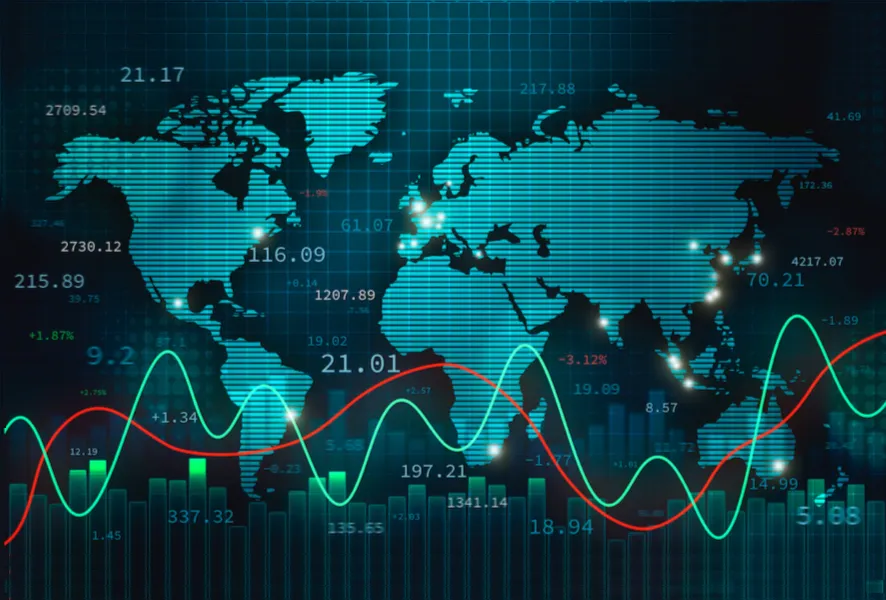Amid rising trade tensions and growing political uncertainty, the global economy is bracing for its slowest growth rate since the 2008 financial crisis excluding periods of outright recessions. According to the latest World Bank report on “Global Economic Prospects,” global growth is expected to decline to 2.3% in 2025, which is nearly half a percentage point lower than projections at the beginning of the year. Although this slowdown does not signal a global recession, it suggests a creeping stagnation that is burdening both developing and advanced economies alike.
The report shows that approximately 70% of the world’s economies, across all regions and income groups, have experienced downward revisions in their growth forecasts for this year. Most notably, the last few decades have seen a steady decline in growth rates among developing countries from 6% in the 2000s, to 5% in the 2010s, to less than 4% so far in the 2020s. This decline is mirrored in global trade growth, which has dropped to below 3%, while debt levels continue to rise to record highs.
While growth is expected to slow in 60% of developing economies this year, their average projected growth for 2025 stands at 3.8%, with a slight increase to 3.9% by 2027. However, these figures remain more than a full percentage point below the average for the previous decade. Low-income countries are expected to grow by 5.3% this year 0.4 percentage points lower than the forecast at the start of 2025.
On another front, global inflation continues to pressure markets, with average inflation projected at 2.9% in 2025, still above pre-pandemic levels. For individuals, per capita income growth in developing economies is projected at 2.9%, which is 1.1 percentage points below the average between 2000 and 2019 threatening to widen the gap with advanced economies.
Despite this grim picture, a glimmer of hope remains. The report suggests that resolving trade disputes and halving tariffs could add 0.2 percentage points to global growth over 2025 and 2026. It also emphasizes that the best course of action for developing countries lies in strengthening new trade partnerships, implementing pro-growth domestic reforms, and enhancing fiscal resilience to weather economic storms.
The World Bank stresses the urgent need for renewed international cooperation especially in supporting the most vulnerable economies through concessional financing, emergency aid, and strategies that promote global economic stability in an increasingly volatile world.
